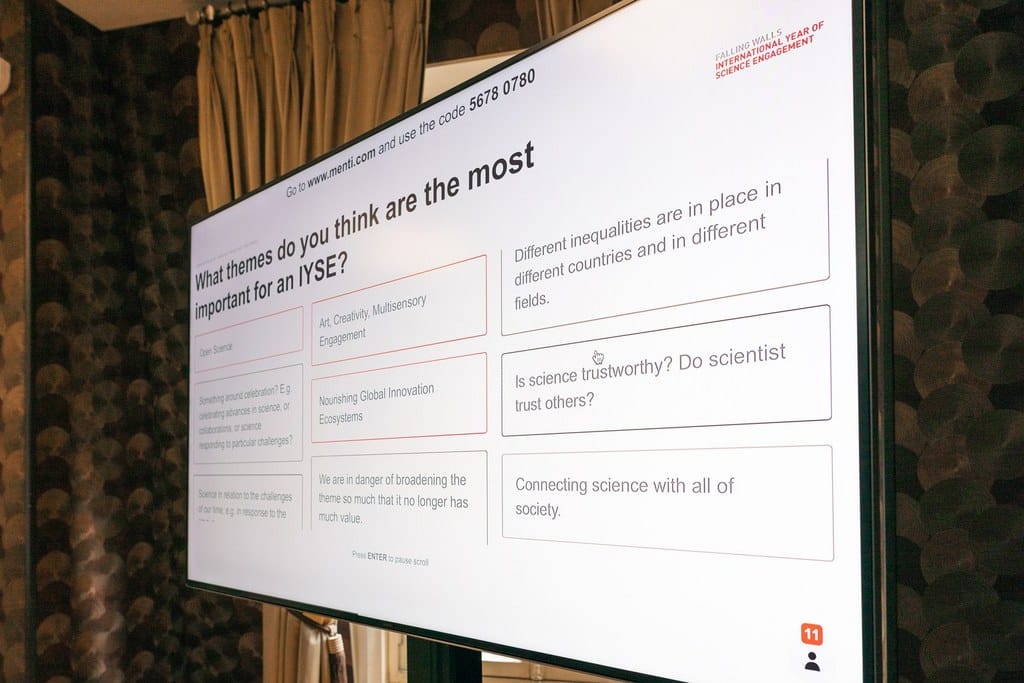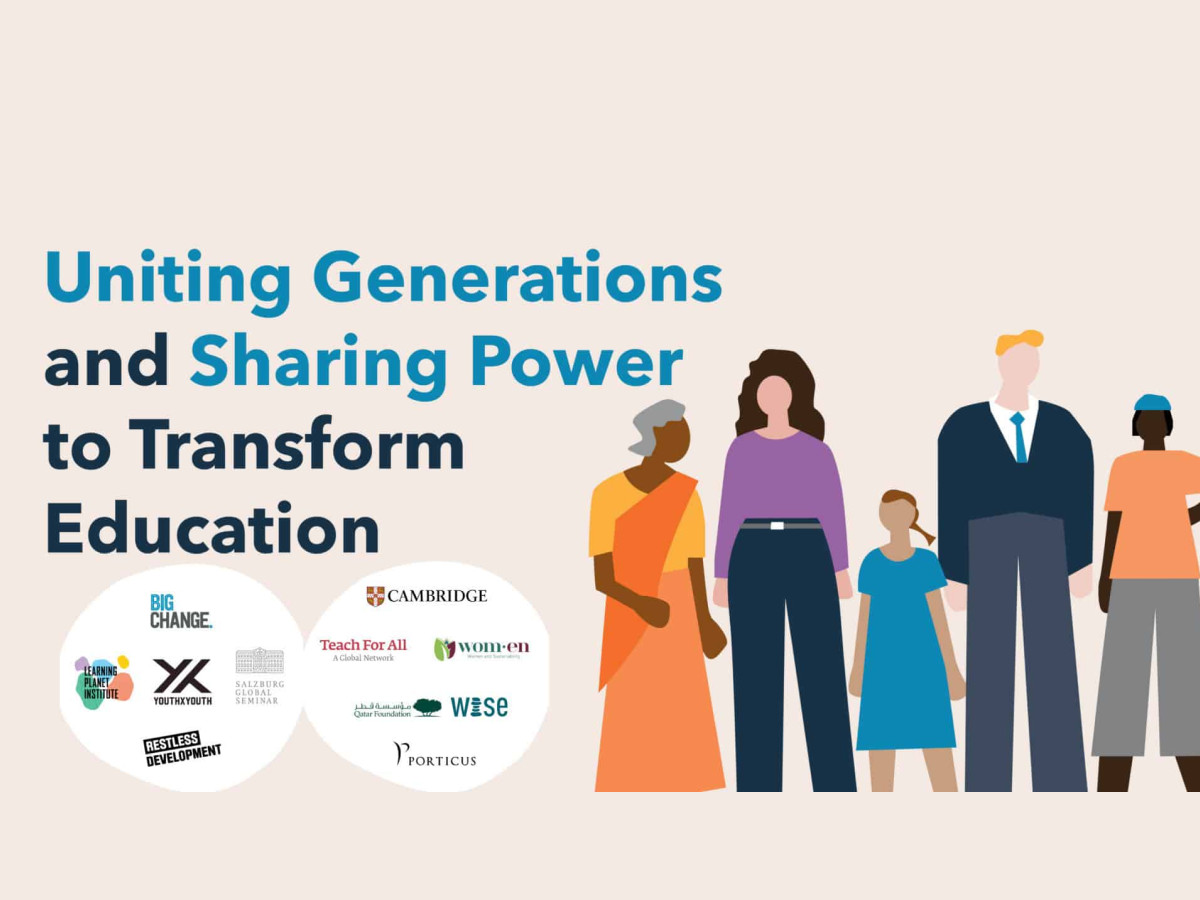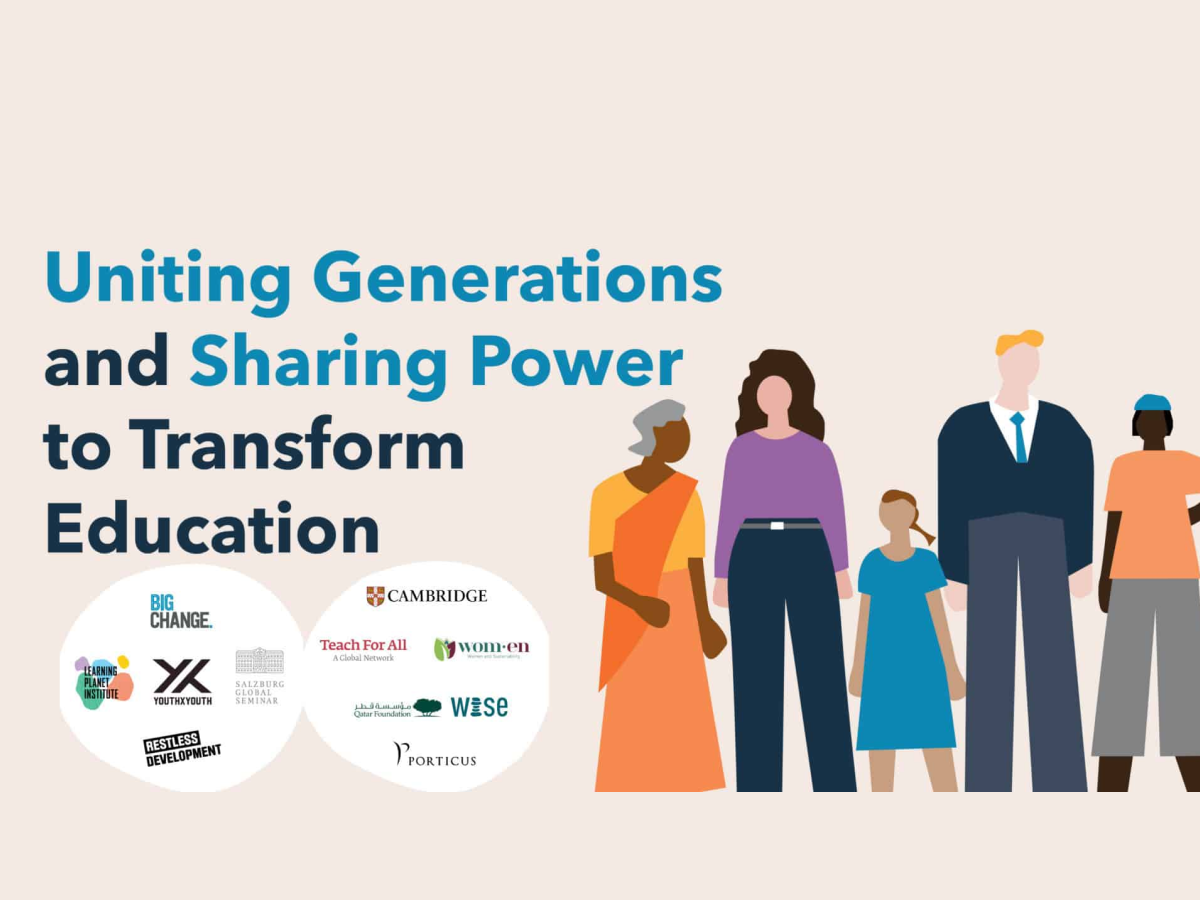The Learning Planet Institute supports the initiative of the International Year of Science
Engagement by proclaiming itself as a founding partner.
What does the International Year of Science Engagement (IYSE) mean to you, and why do you believe it is timely?
The International Science Council (ISC) puts a strong emphasis on science communication; all projects have science, communications, and outreach components built into their very conceptualisation and delivery. Our pioneering role in transdisciplinary science (in other words, science done with non-academic stakeholders) on the one hand, paired with a new invigorated interest in doing better in communicating about science in general on the other, underscores our dedication to collaborate on the IYSE.
Everyone recognises that we need stronger engagement of society with science, and vice-versa. The sheer nature of the challenges we are dealing with, however, requires that we have some institutions and countries that do science engagement very well, but there are close to zero feedback mechanisms to engage, learn from one another, scale-up, exchange best practices, and simply know what others are doing. It is in that sense that an international year for scientific engagement is necessary.

An international year could be a good conduit to create a coalition of the willing, raise awareness, and build global partnerships and synergies.
Photo credit: Falling Walls Foundation
What is ISC’s role in the IYSE?
We see two specific roles for the ISC. First, we are uniquely placed to mobilise the global scientific community, thanks to our diverse and global membership and programmes. Second, we will disseminate and amplify the communications and outreach work that will also be done by everyone involved in the IYSE.
How can science engagement increase awareness and the achievement of the Sustainable Development Goals?
We need two types of knowledge, both of which can be part of the framework of science engagement.
First, we need engaged science. We need more knowledge on how societies transform, adapt, and change. What transformations are needed? How do we make them happen?
Second, we need science that engages with the people. Especially in the field of climate change and sustainability, many of the issues that need to be addressed must be co-designed with the communities affected by them and must seek change.
How can the IYSE serve as a tool for building a global multi-stakeholder alliance?
The IYSE as a one-year advocacy campaign can serve as a tool to raise awareness among scientific, policy, and other sectors, build alliances, create synergies, and learn from one another. For me, science engagement is about mobilising the global scientific community to come out of the lab, classrooms, and libraries, and really work with people so that societies can better identify what the problems are that need to be solved and how they can work with science in deciding how to address them.
About Mathieu Denis
Mathieu currently serves as Acting CEO and Science Director of the ISC. He was appointed Science Director of the ISC in 2018, having previously served as Executive Director of the International Social Science Council.
Find out more about Mathieu here
About the International Science Council
The International Science Council (ISC) is a non-governmental organization with a unique global membership that brings together over 200 international scientific unions and associations as well as national and regional scientific organizations including academies and research councils.



